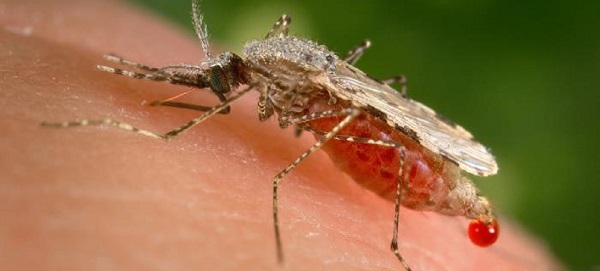
A pharmacist, Hassan Muhammadu has cautioned Nigerians against relying on a single drug to treat malaria, warning that counterfeit medications pose serious health risks and contribute to the rise of drug-resistant malaria strains.
Speaking to journalists in Abuja on Wednesday, Muhammadu explained that malaria treatment requires a combination of drug classes, as the malaria parasite exists in multiple stages that no single drug can fully eliminate.
“There are four main classes of antimalarial drugs—quinoline-related compounds, antifolates, artemisinin derivatives, and antimicrobials. These are often used in combination because each targets different stages of the parasite’s lifecycle,” he said.
He expressed concern over the growing circulation of fake antimalarial drugs, particularly those sold by patent medicine vendors or sourced from unregulated outlets.
“Counterfeit drugs may contain no active ingredients – or worse, harmful substances. They endanger lives and promote resistance, making malaria harder to treat,” he warned. “People should only buy medications from licensed pharmacies and approved health facilities.”
Muhammadu also highlighted the potential side effects of antimalarial drugs, including QT interval prolongation—a condition that can trigger fatal heart rhythm issues – and methemoglobinemia, which impairs the blood’s ability to carry oxygen.
He strongly discouraged self-medication, urging patients to seek proper diagnosis and care from qualified health professionals.
“Using antimalarials without medical guidance is risky. Symptoms like persistent fever, chills, or weakness should prompt immediate medical attention,” he advised.
The pharmacist further emphasised the importance of prevention, urging Nigerians to sleep under insecticide-treated nets, eliminate stagnant water around homes and maintain clean environments.
“Malaria is not just a health issue – it impacts household income, productivity and overall well-being. Prevention is a shared responsibility,” he added.
According to the World Health Organisation (WHO), Nigeria accounts for 27 per cent of global malaria cases and 32 per cent of malaria-related deaths, making it the country with the highest burden worldwide.

